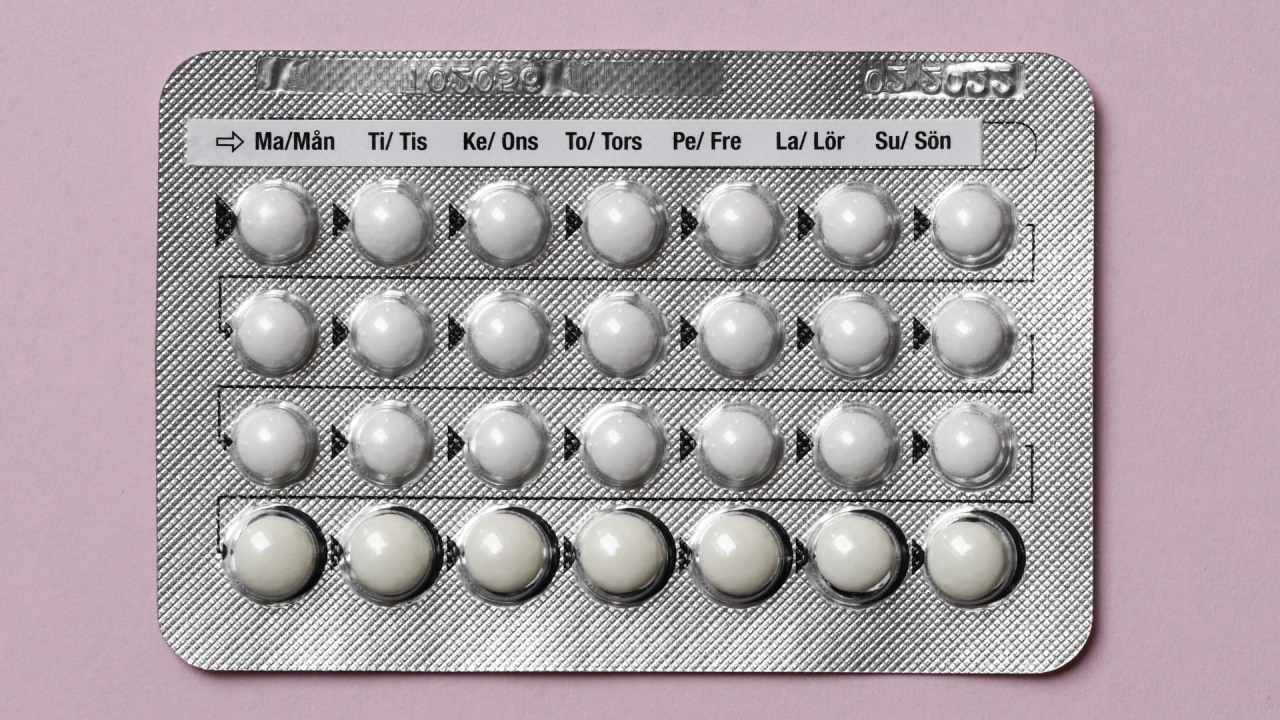
Ovarian cancer is the tenth most commonly diagnosed cancer in Australian women, but researchers from the University of South Australia believe they may have found an important tool to reduce the risk of many women developing the disease.
You’ve likely already heard of the additional benefits some pill users experience in addition to contraception – clearer skin, improved mood, more regular periods. But new research suggests there may be another pleasant side effect of the oral contraceptive pill.
Researchers from the University of South Australia (UniSA) used artificial intelligence to screen over 200,000 women aged 37 – 73 for risk factors of ovarian cancer.
They found that women who had ever used the oral contraceptive pill had a 26 per cent reduction in risk of ovarian cancer, while women who used the pill after turning 45 had a 43 per cent reduction.
While the project lead, Professor Elina Hyppönen says “more research is needed to establish the best approaches to prevention, as well as the ways in which we can identify women most at risk”, she notes that according to the team’s findings, “it is possible that by using the contraceptive pill to reduce ovulations or by reducing harmful adiposity, we may be able to lower to risk of ovarian cancer.”






